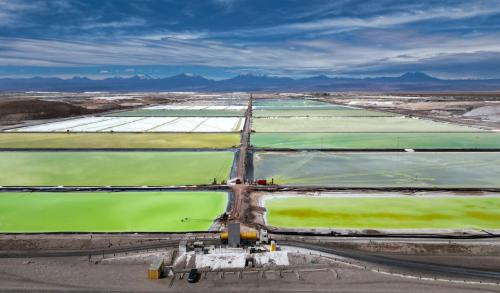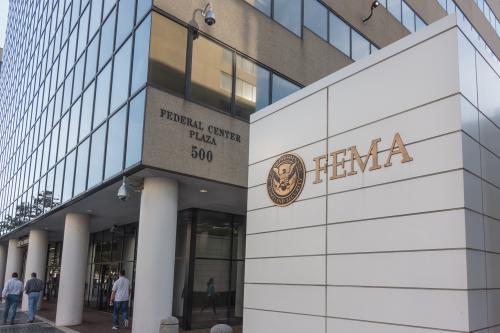

2:00 pm EDT - 3:30 pm EDT
Past Event
2:00 pm - 3:30 pm EDT
1775 Massachusetts Avenue N.W.
Washington, DC
20036
For the first time in history, more people live in urban settlements than outside of them. The concentration of people, power, and wealth in cities creates many possibilities for tackling some of the world’s most pressing problems. Public policy decisions of city-level governments affect the crucial well-being of local residents, while also impacting transnational issues such as climate change and global finance and trade. Yet cities differ in their vulnerability and resilience to negative economic and demographic trends, security threats, and natural disasters. They also vastly differ in their effectiveness, capacity, and will to deliver essential and adequate public goods and services to their residents.
On April 27, the Center for 21st Century Security and Intelligence (21CSI) and the Metropolitan Policy Program at Brookings hosted a discussion on city fragility and resilience. John de Boer, managing director of the SecDev Group, presented a new data visualization that tracks a wide range of risks facing over 2,100 cities; Alan Berube, senior fellow and deputy director of Brookings’s Metropolitan Policy Program, provided a macroeconomic perspective of how cities can build resilience and prosperity; and Michael O’Hanlon, co-director of 21CSI, presented his recent study of how to secure cities in the 21st century. Marek Gootman, fellow and director of strategic partnerships and global engagements in the Metropolitan Policy Program, moderated the discussion.
Panelist


David G. Victor, Joisa Saraiva
April 29, 2024

Nasrin Siddiqa, Atenea Rosado-Viurques
April 23, 2024

Carlos Martín, Carolyn Kousky, Karina French, Manann Donoghoe
April 23, 2024